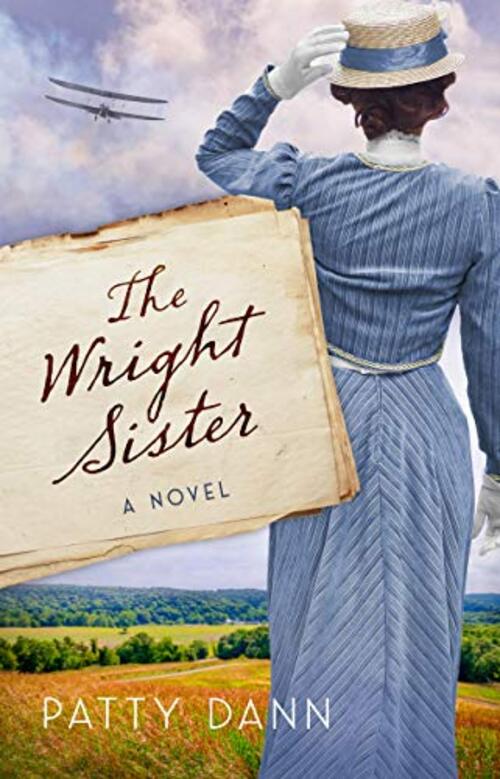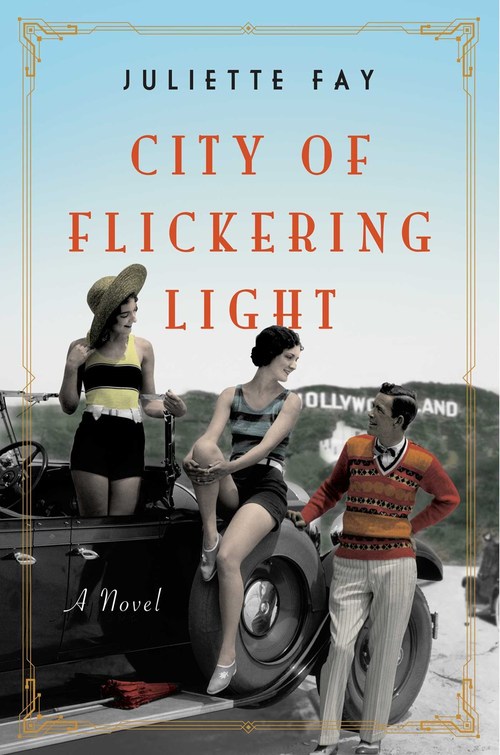As we approach the (much different this COVID year) Thanksgiving holidays, traditionally a time of fetes and family gatherings, this month’s selection of novels explores families and family-like relationships that can be either blessing or curse. We begin with THE WRIGHT SISTER by Patty Dann. While everyone is familiar with the famous brothers who made the first flight at Kitty Hawk, few know about the sister who supported and took care of her famous brothers for most of her life. After Wilbur’s death, at age 52, Katherine married a widowed friend of the family, Harry Haskell. Furious and feeling betrayed, Orville remained with a housekeeper in Dayton, Ohio, while his married sister began a new life in Kansas City. The story is told via her (unanswered) letters to the brother who never forgave her for “abandoning” him and her “marriage diary,” detailing her joy in her new life, her enthusiastic support for the suffragette cause, and her never-realized hopes to reconcile with her brother. A vivid portrait of a woman who was long restrained from becoming all she could be by the demands of her restrictive family. We continue with a better-known woman in LEARNING TO SEE: A NOVEL OF…
The Rise and Fall of Florence Lawrence, the World’s First Movie Star What makes a movie star? Today we’ve got the general recipe down: mix bankable films with broad popularity. Add a healthy social media following and sauté in critical acclaim. Garnish with head-turning red carpet appearances. And if you’re very, very lucky, pair with a performance of your blockbuster movie’s Oscar-winning theme song … But in 1909 no one knew. The concept of stardom didn’t exist because early movie studios didn’t want anyone to know. The thinking went like this: the more popular and “known” actors became, the more money they would demand. Studios kept their performers anonymous—no acting credits were listed—so that if a particular actor became too demanding or difficult, he or she was more easily replaced. Disposability served the bottom line. Then Florence Lawrence came along, and all hell broke loose. She was attractive, but no more so than many other actresses of her day, such as Mary Pickford and Lillian Gish, both of whom would go on to be far more successful and well-remembered. What Florence was, besides anonymously popular, was prolific. From 1908 through the middle of 1909, she was featured in over 100…



